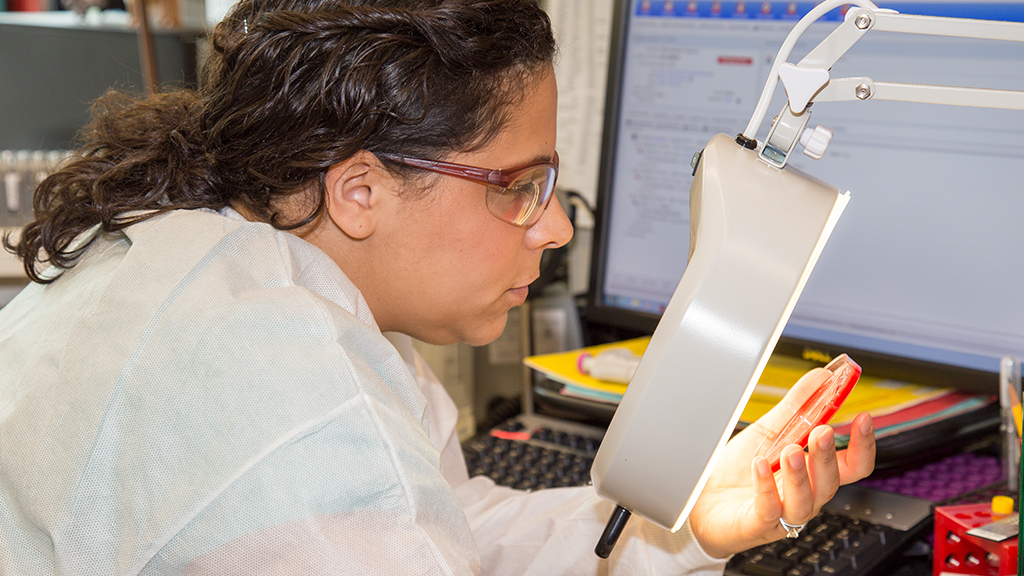Caring for your dog or cat’s health ensures they live their best life. Diagnostic centers for pets specialize in pet health testing for household pets.
In this guide, we’ll explore how pet diagnostic centers function, their key services, and why these labs are invaluable for your pets’ health.
What Are Veterinary Labs?
Veterinary labs help diagnose medical concerns in household pets. Veterinarians rely on them to deliver personalized care for pets.

The process generally features:
- Animal sample gathering: Blood, urine, feces, or tissue samples are taken by the vet.
- Sample examination: Skilled technicians interpret the findings.
- Diagnosing the findings: The lab delivers insights to the veterinarian for treatment recommendations.
Essential Diagnostic Tests for Cats and Dogs
Pet diagnostic centers specialize in various diagnostic services to identify underlying issues. Some of the most common tests include:
- Blood tests: Monitor organ function.
- Kidney function tests: Spot bladder issues.
- Fecal examinations: Ensure proper digestion.
- Allergy screenings: Diagnose food allergies.
- Radiographic tests: Evaluate structural health.
laboratorio veterinario indianopolis
The Benefits of Veterinary Diagnostics
Periodic veterinary assessments supports keeping your pets healthy. Early detection allows for better outcomes.

Why regular testing matters include:
- Improved health outcomes: Ongoing support for your pet’s needs.
- Knowing your pet is cared for: Stay informed about their health.
- Avoiding expensive treatments later: Early detection reduces long-term expenses.
Why Veterinary Testing is Essential for Cats and Dogs
Relying on regular health assessments for your pets gives them the care they deserve. Animal diagnostic centers work as an extension of your vet’s expertise to manage their health effectively.
Talk to your vet about lab testing to give them the best care possible!